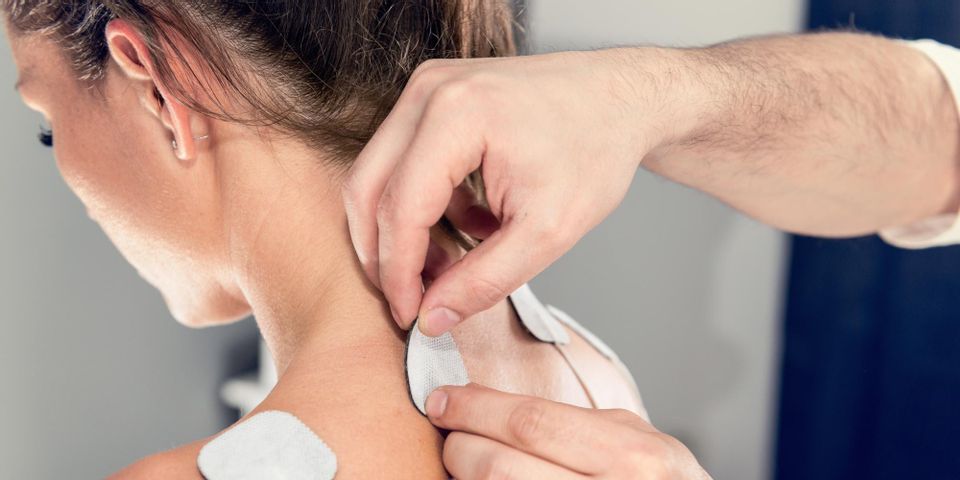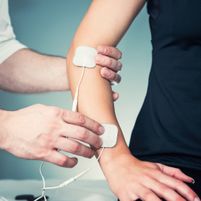
If you’ve been experiencing nerve pain, your primary care doctor may recommend a nerve conduction study. Also called a nerve conduction velocity (NCV) test, it’s one of the necessary health screenings that will determine why your body is in pain. The thought of getting tests like this can make patients a little nervous, so it’s important to know all about the process before your appointment.
A Guide to Nerve Conduction Health Screenings
What Is an NCS?
A nerve conduction velocity test is used to identify nerve damage. It works by stimulating your nerve using two electrodes placed on the skin. One electrode administers a light electric shock to stimulate your nerve, then the doctor measures how quickly the shock passes to the other electrode. It can determine whether the damage is to your nerve, a muscle, or the myelin sheath, which is the protective coating of the nerve. The result will help your team of care providers decide how to proceed with your treatment.
Reasons for Administering the Test
 There are many conditions that may be checked with an NCS and other health screenings. Your doctor may recommend this test if they suspect you have a pinched nerve to make sure there isn’t anything more serious going on. The study is also used to work with carpal tunnel patients, since it starts with pain and numbness in the fingers.
There are many conditions that may be checked with an NCS and other health screenings. Your doctor may recommend this test if they suspect you have a pinched nerve to make sure there isn’t anything more serious going on. The study is also used to work with carpal tunnel patients, since it starts with pain and numbness in the fingers.
Some other conditions that may require an NCV test are Guillain-Barré syndrome, herniated disk disease, sciatic nerve issues, Charcot-Marie-Tooth disease, and chronic inflammatory polyneuropathy and neuropathy.
What to Expect Before & During Your Appointment
A few days before the appointment, you should stop using any lotions or oils on your skin. This can cause the electrodes not to stick properly. You should give your doctor a list of the medications you’re taking, including vitamins and herbal supplements, and you may be asked not to drink caffeine.
The actual procedure is very safe, and the severity of the electric shock is very low. You’ll remove any metal objects like jewelry or watches and get undressed, putting on a gown. Next, the doctor will place two electrodes on your skin near the affected nerve. They may need to use an adhesive to make sure they stick. Then the doctor will stimulate the nerve using an electric shock. This may not be comfortable, but it shouldn’t be painful. The whole process lasts about 20-30 minutes, and you’re one step closer to better health.
Fairview Clinic offers high-quality medical care to residents of Dothan, AL, and the surrounding area. They create a welcoming environment and have been serving the community for decades. Some of the services they offer include primary care, health screenings, and vaccinations. Visit their website to learn more about their doctors or call (334) 794-3192 to set up your nerve conduction study today.
About the Business
Have a question? Ask the experts!
Send your question

